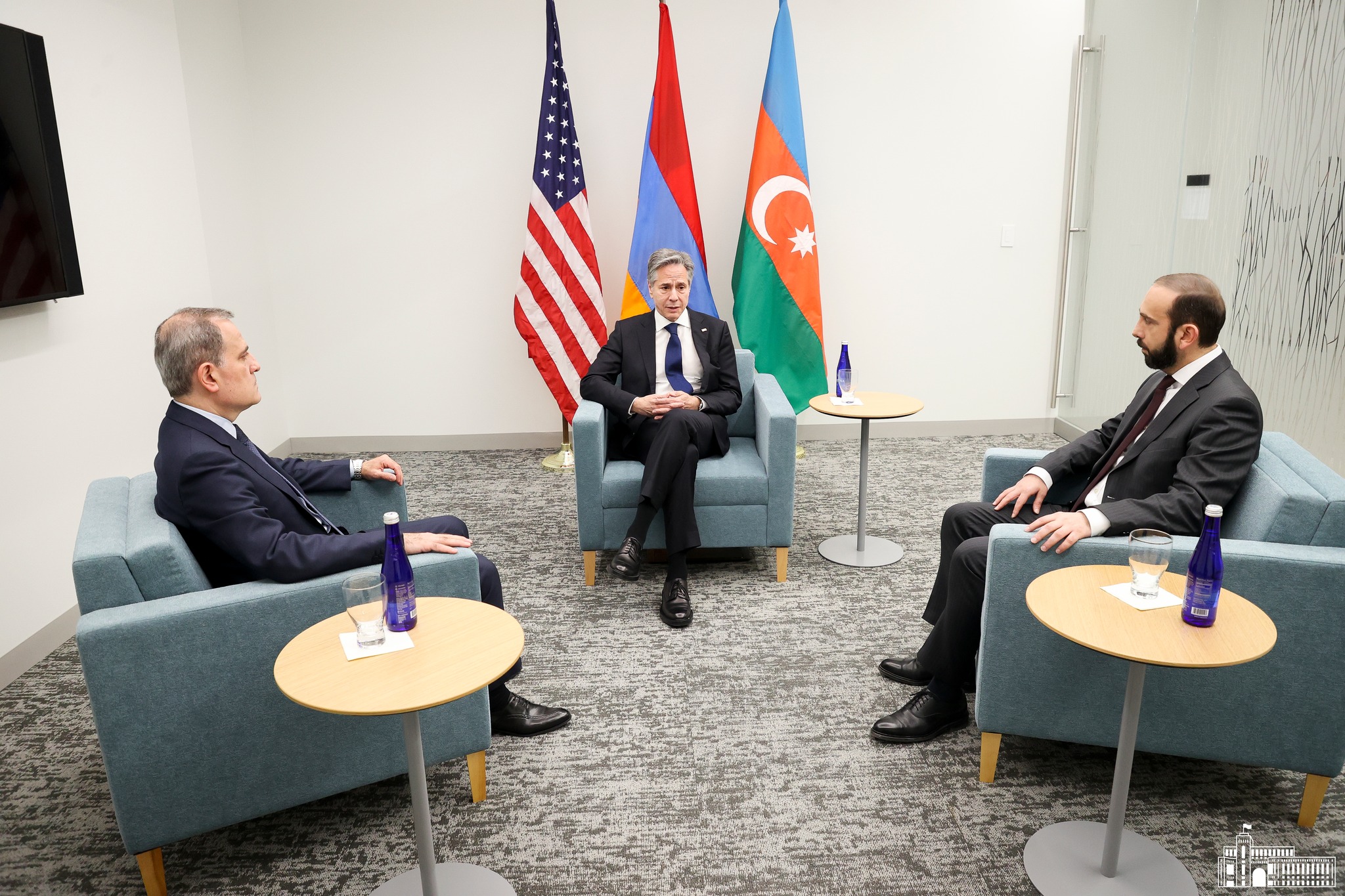
At the 31st meeting of the OSCE Foreign Ministers Council in Malta, there was no meeting between the foreign ministers of Azerbaijan and Armenia, Jeyhun Bayramov and Ararat Mirzoyan respectively. The reason given was the persistent desire of U.S. Secretary of State Antony Blinken to act as a mediator.
Baku accuses the Biden administration of pursuing an unjust and biased policy toward Azerbaijan. Reports indicate that this policy has particularly intensified since Azerbaijan liberated its territories from occupation and carried out an anti-terrorist operation in Karabakh.
Some local experts believe this policy continues, despite only a few days remaining until the end of the year. The Biden administration has “rolled up its sleeves” and is trying to sign a document as quickly as possible before the inauguration of the newly elected president, Donald Trump.
- Azerbaijan and Armenia report progress in peace talks
- Opinion: Russia loses Syria and may take tougher stance in South Caucasus
- “Pashinyan’s political future depends on relations with Azerbaijan”: Opinion from Baku
So, how smart a move would it be for Azerbaijan to reject Washington’s mediation initiative?
Natik Jafarli, chairman of the “Republican Alternative” (ReAl) party, noted in an interview with Pressklub.az that the involvement of the current U.S. administration, which has only 40-45 days left in office, and its mediation efforts to gain some final dividends, will not bring significant benefits to Azerbaijan:
“There were talks between Trump and Ilham Aliyev, between Trump and Pashinyan. Of course, Republicans will want to secure peace dividends. So, such a rejection is logical and expected. I even think that one of the first steps of the Trump administration will likely be to influence the signing of a peace treaty between Azerbaijan and Armenia. Because it will be a very good presentation for Trump.”
Jafarli believes that Trump’s electoral platform is based on building peace:
“A peace agreement between Azerbaijan and Armenia could be the first step. Because this is the most ready peace agreement in the current conditions. The absence of Blinken at the talks is more than understandable. First and foremost, it would provoke dissatisfaction among Republicans. If there is any agreement with Republicans, bilateral meetings may take place under U.S. mediation after Trump’s inauguration.”

According to political analyst, lawyer, and public figure Fuad Agaev, major countries, including the U.S., want to maintain their influence in the South Caucasus. U.S. foreign policy does not depend on which party is in power:
“Washington has expressed its intention to participate in negotiations over the South Caucasus, which is a significant region, particularly in terms of logistics. But they also have other goals that are not directly related to a peace agreement. Otherwise, this rush would be hard to explain. I should also note that after Trump takes office, it is unlikely the U.S. will pay as much attention to the South Caucasus as it does now. One of the reasons for Blinken’s hurry may be events in Georgia. Despite all this, Azerbaijan and Armenia prefer bilateral talks.”
